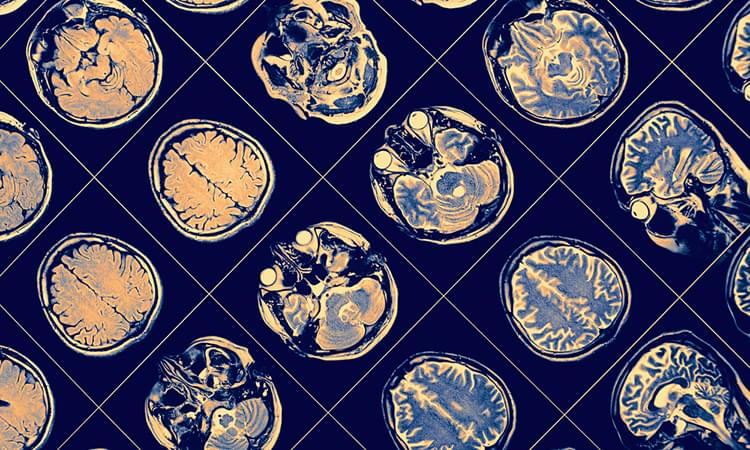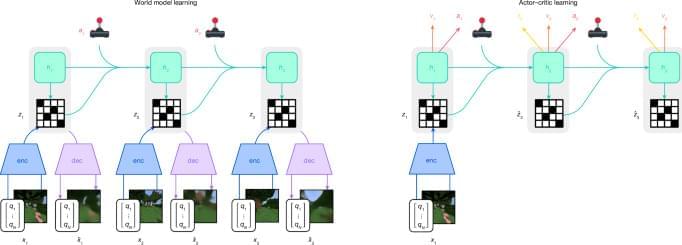Atsena Therapeutics has raised $150 million in an oversubscribed series C financing, with hopes that the funds can carry the biotech’s gene therapy designed to reverse or prevent blindness through a potential market approval.
The funding round was led by new investor Bain Capital, with participation from Sofinnova Investments, Abingworth, Wellington Management, Lightstone Ventures, Foundation Fighting Blindness, Hatteras Venture Partners, Osage University Partners and the Manning Family Foundation, according to an April 2 release.







